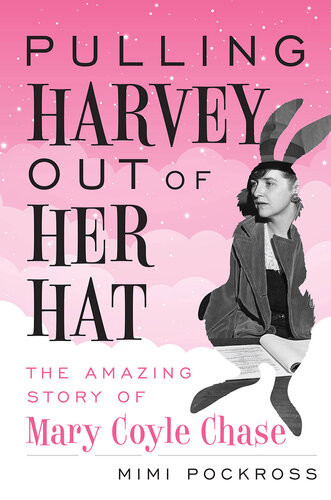

Most ebook files are in PDF format, so you can easily read them using various software such as Foxit Reader or directly on the Google Chrome browser.
Some ebook files are released by publishers in other formats such as .awz, .mobi, .epub, .fb2, etc. You may need to install specific software to read these formats on mobile/PC, such as Calibre.
Please read the tutorial at this link: https://ebookbell.com/faq
We offer FREE conversion to the popular formats you request; however, this may take some time. Therefore, right after payment, please email us, and we will try to provide the service as quickly as possible.
For some exceptional file formats or broken links (if any), please refrain from opening any disputes. Instead, email us first, and we will try to assist within a maximum of 6 hours.
EbookBell Team

4.3
8 reviewsTalk about working from home. . . . Pulling Harvey Out of Her Hat chronicles the story of how Mary Chase—a housewife with three children from a working-class Irish community in Denver, Colorado—became a Pulitzer Prize–winning playwright for Harvey, a Broadway comedy about a gentle soul and his invisible six-foot-and-one-half-inch-tall rabbit friend. This entertaining and inspiring account traces how Chase achieved her dream of becoming a famous playwright while remaining in Denver—where she worked for the Rocky Mountain News, married an editor, and raised a family.
Pulling Harvey Out of Her Hat includes many vignettes and unforgettable stories about the theater industry. It brings to life the history of Franklin Roosevelt's Federal Theatre Project; provides readers with an insider's view of the Broadway scene in the 1940s; and highlights the importance of theater personalities, including Brock Pemberton (Harvey's producer), Antoinette Perry (Harvey's director and namesake for the Tony Awards), and Frank Fay and Jimmy Stewart (actors who played Elwood Dowd, the amiable, slightly tipsy gentleman lead character).
The author of fourteen plays, three screenplays, and two award-winning children's books, Mary Chase created Harvey to counter sadness during the height of World War II. It would win the 1945 Pulitzer Prize (beating out Tennessee Williams's The Glass Menagerie) and remain to this day one of the most beloved and underappreciated works of the twentieth century.